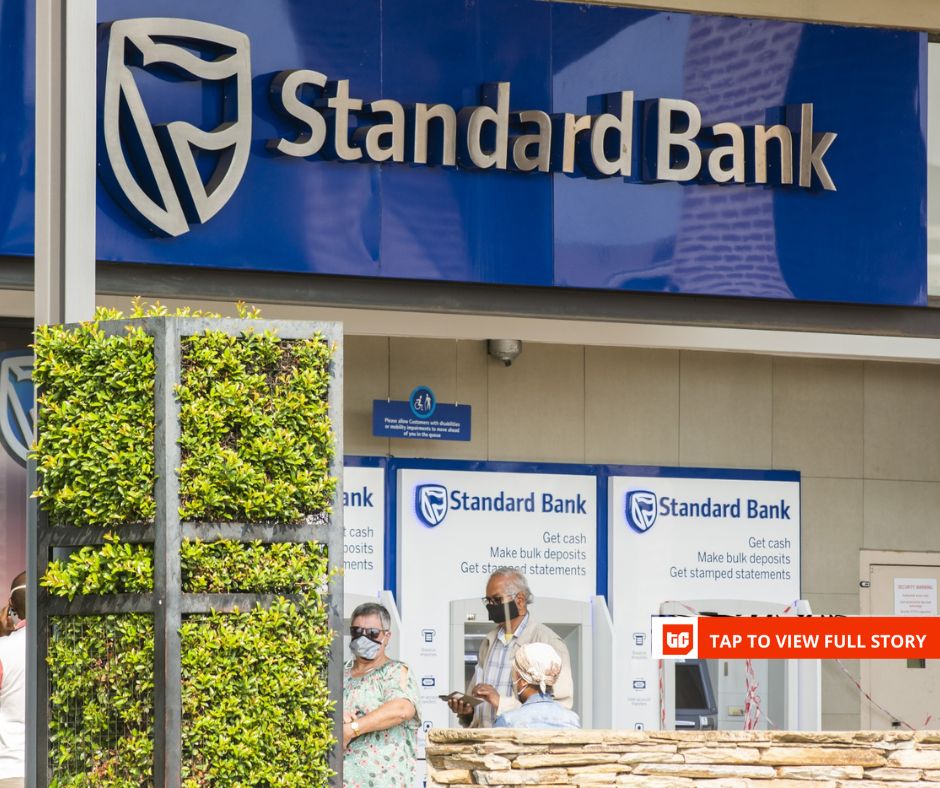At the rate global electric vehicle (EV) giants are going gung-ho about South Africa, it’s causing a tingle of jealousy for a non-South African like myself. Yet it’s a good thing for Africa, where the narrative has always been that EVs cannot work here because we lack the infrastructure. Players serious about Africa are building the infrastructure first and asking questions later.
State of play: BYD, the Chinese EV giant, announced Thursday that it will build a 1-megawatt (MW) charging network in South Africa by 2026, the country’s largest EV stations and enough to power multiple EVs up to 400km in five minutes, according to executive vice president Stella Li. Construction begins in Q2 2026, starting with BYD dealerships before expanding to highways and major cities.
Between the lines: The plan comes as BYD strengthens its footprint in South Africa, where it launched the Dolphin Surf compact EV in September and signed a cooperation deal with Eskom, the country’s largest electricity provider, to advance electric mobility. The chargers will use both grid and solar power, allowing expansion beyond major metros.
Why it matters: This investment could shift South Africa’s EV landscape faster than policy has been moving. South Africa’s high import duties on EVs have kept prices high for consumers, but investments like this could force a rethink from the government, while simultaneously raising the stakes for established automakers that have moved slowly on electrification.
The big picture: BYD is betting that building chargers first will create the demand that policy hasn’t yet unlocked. It is testing this thesis on South Africa— the largest vehicle market in Africa—before scaling to Kenya, Nigeria, and several other countries on the continent where it has an established presence.











